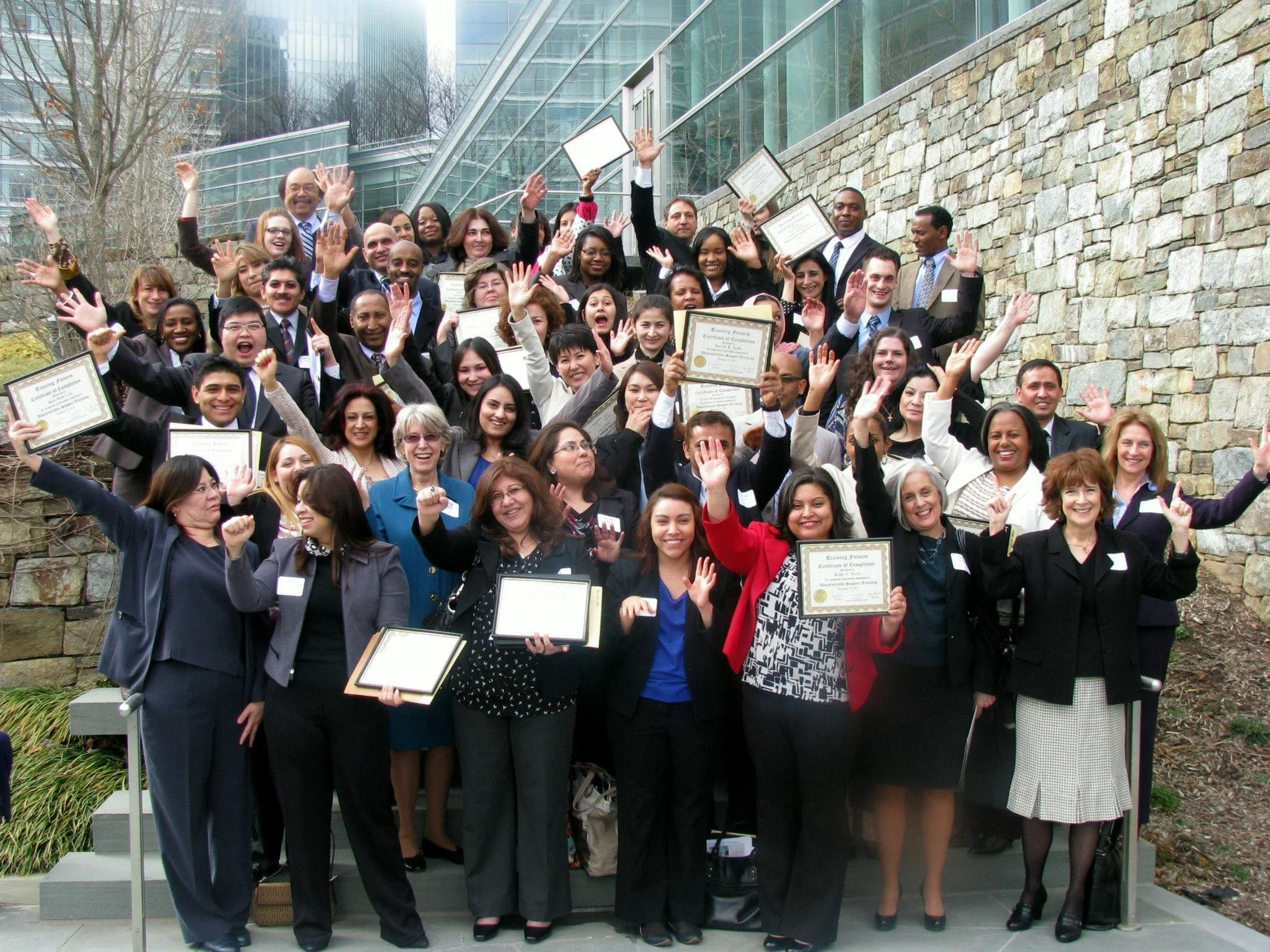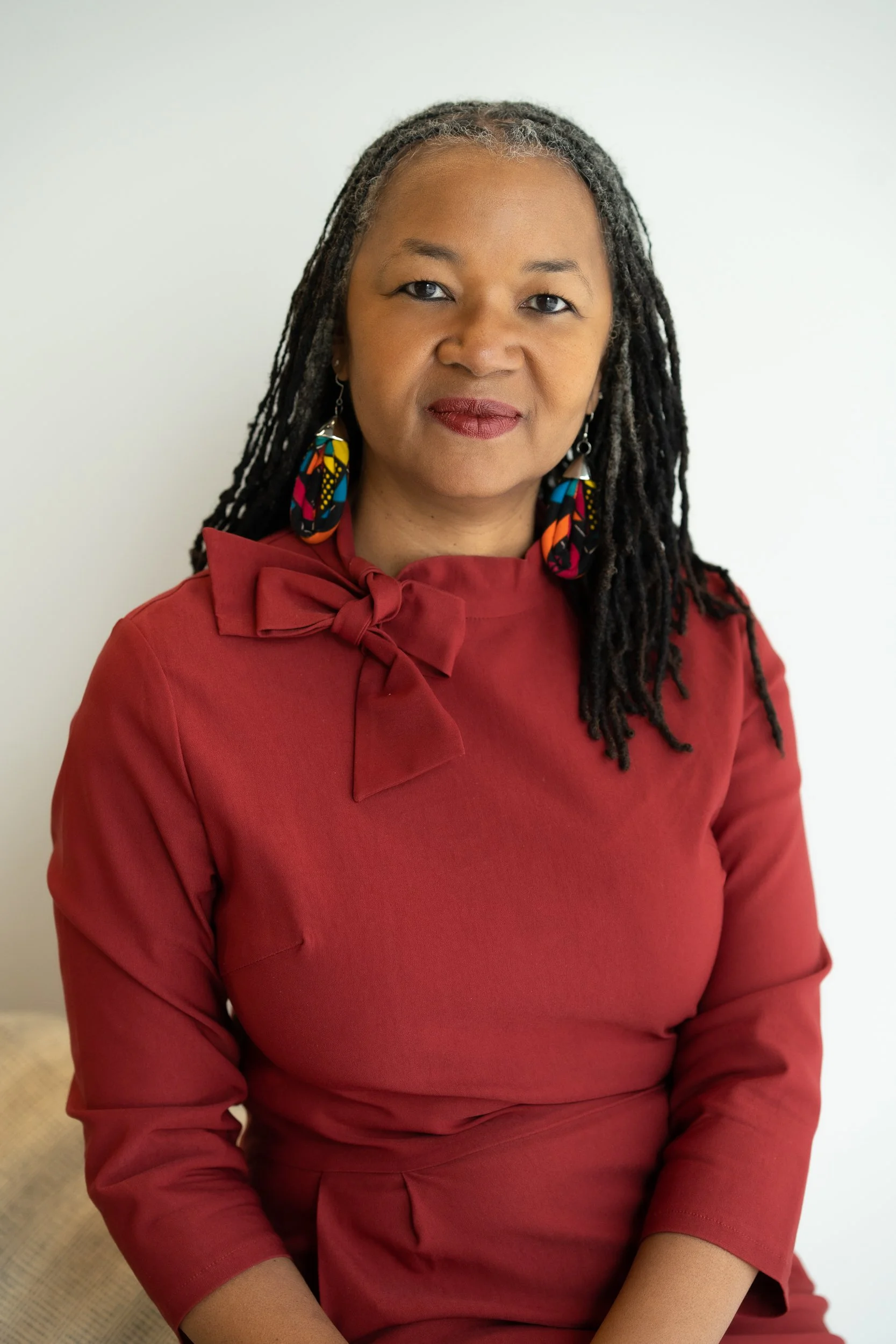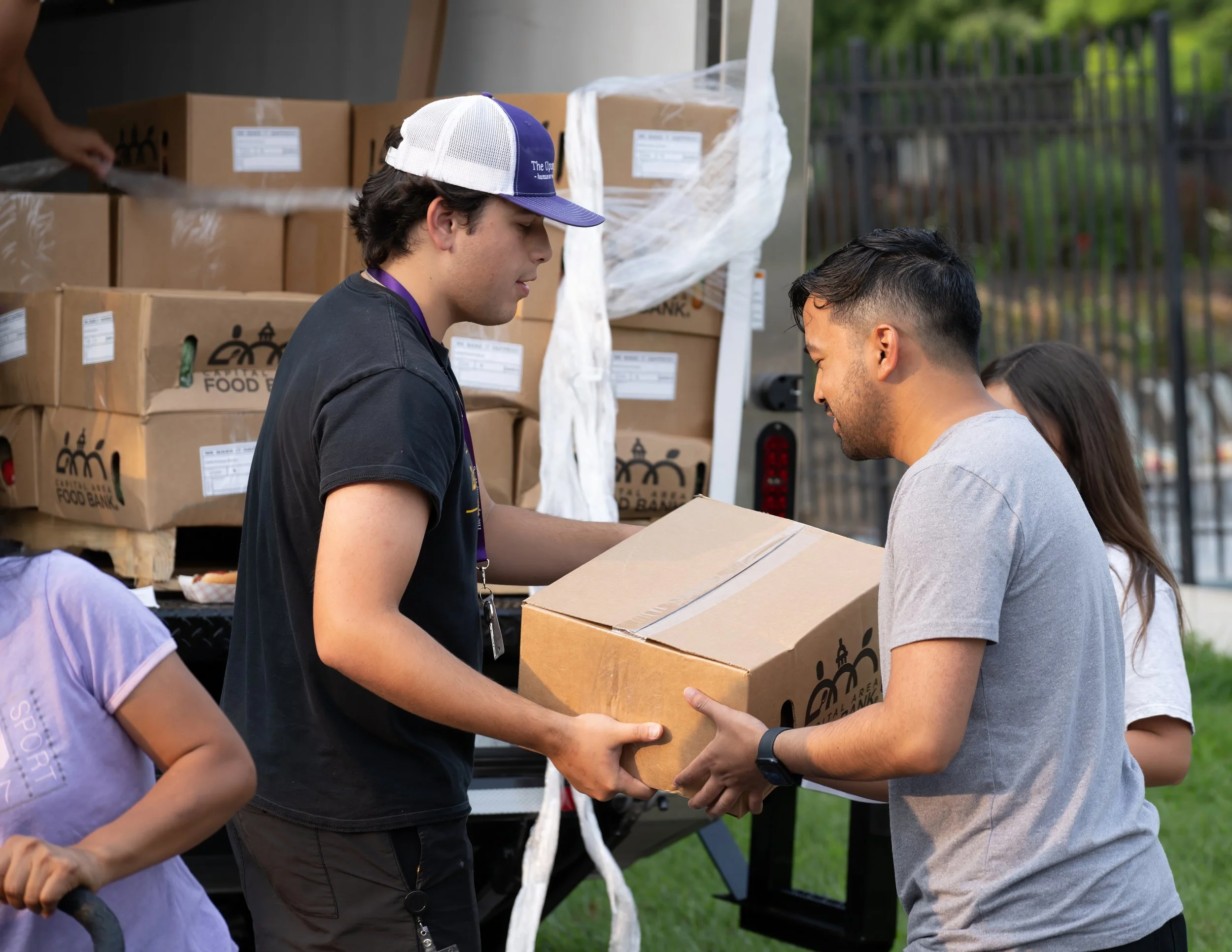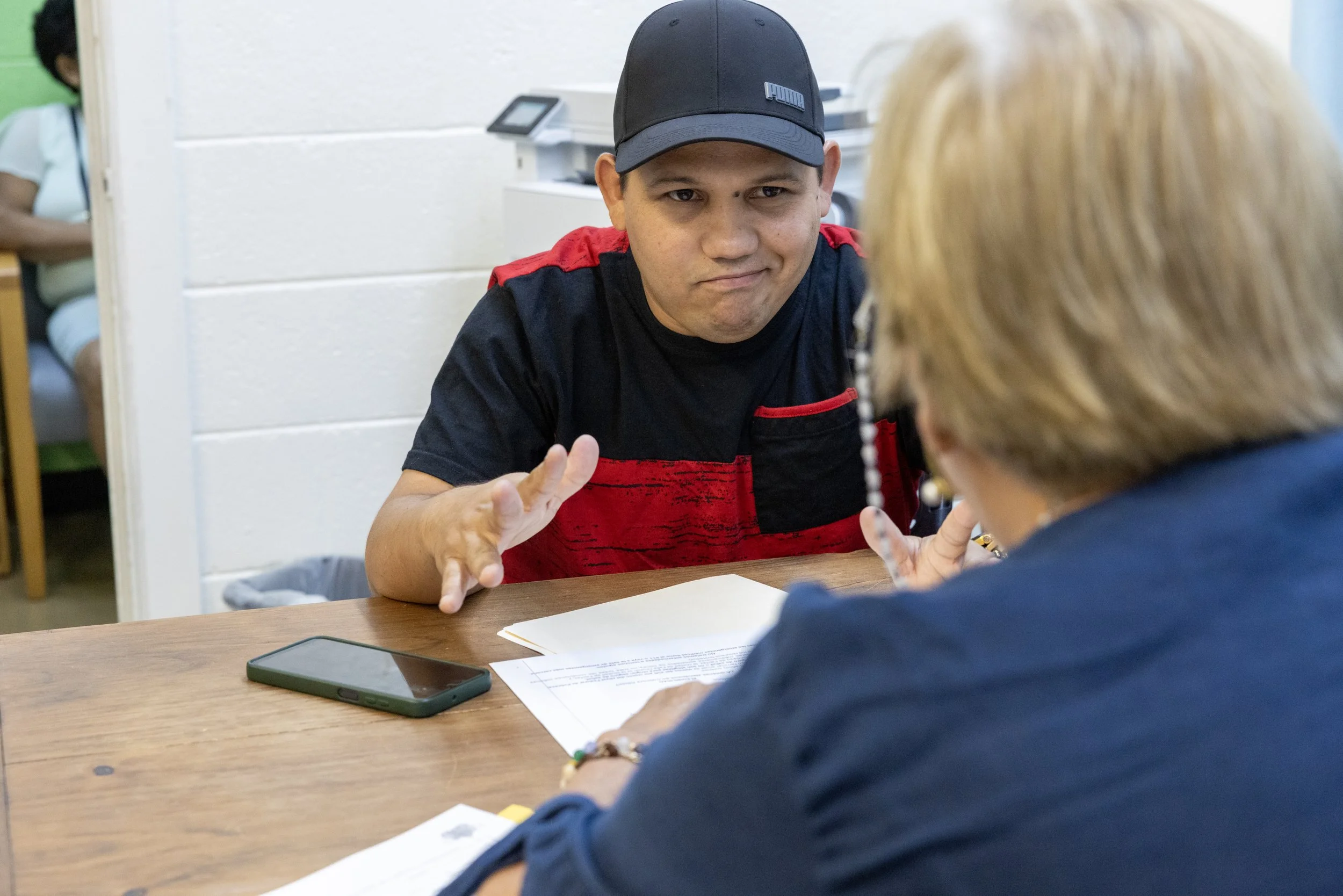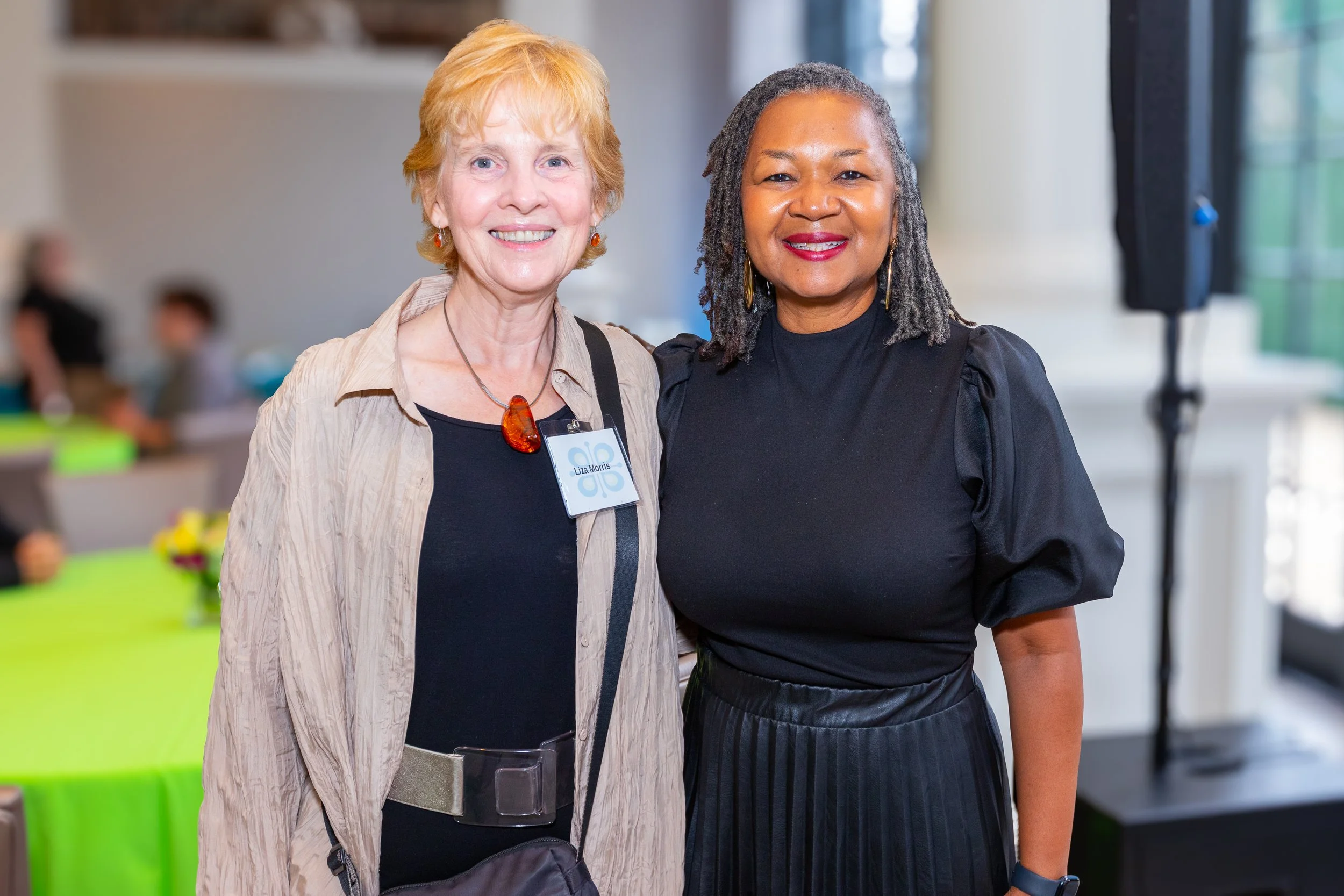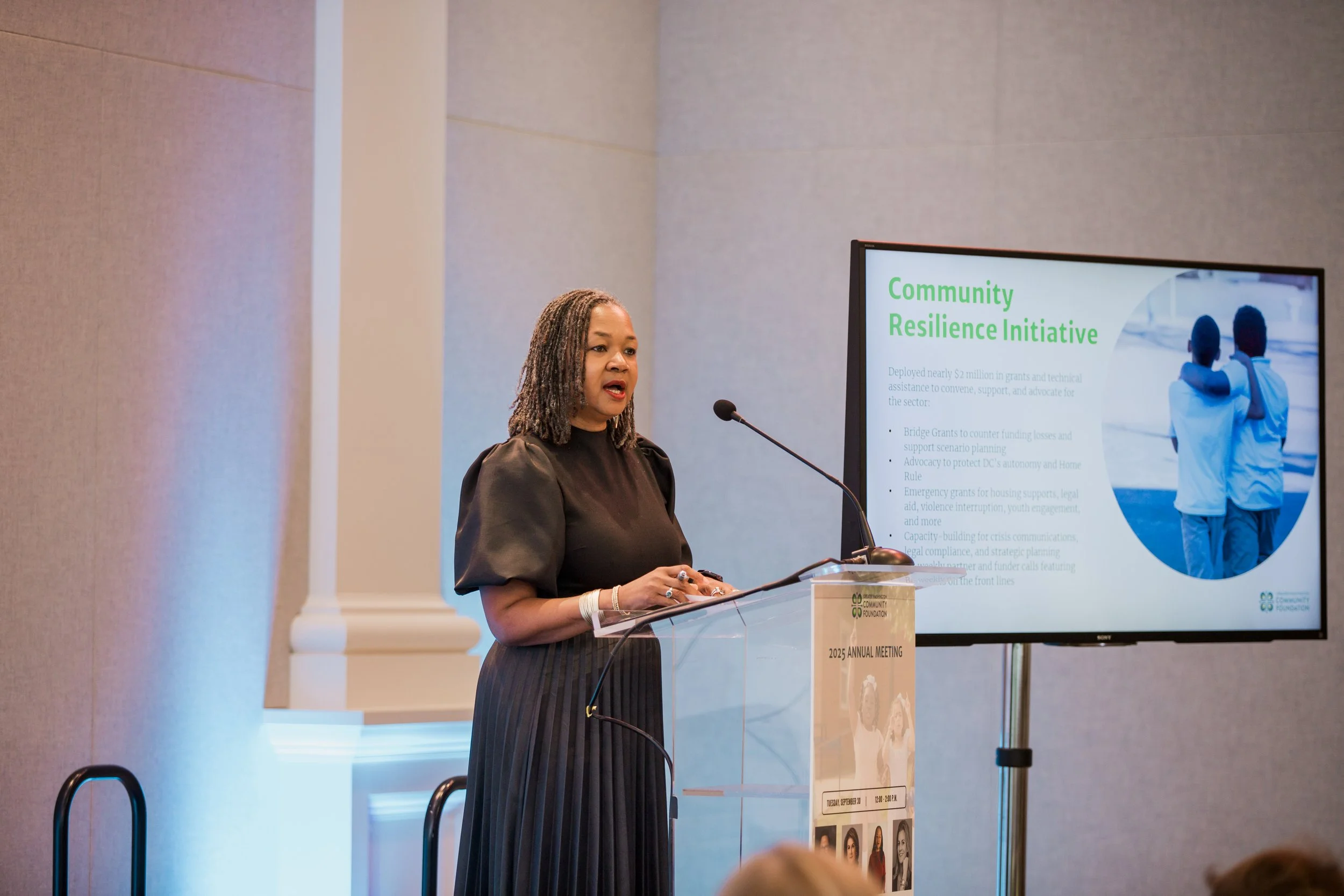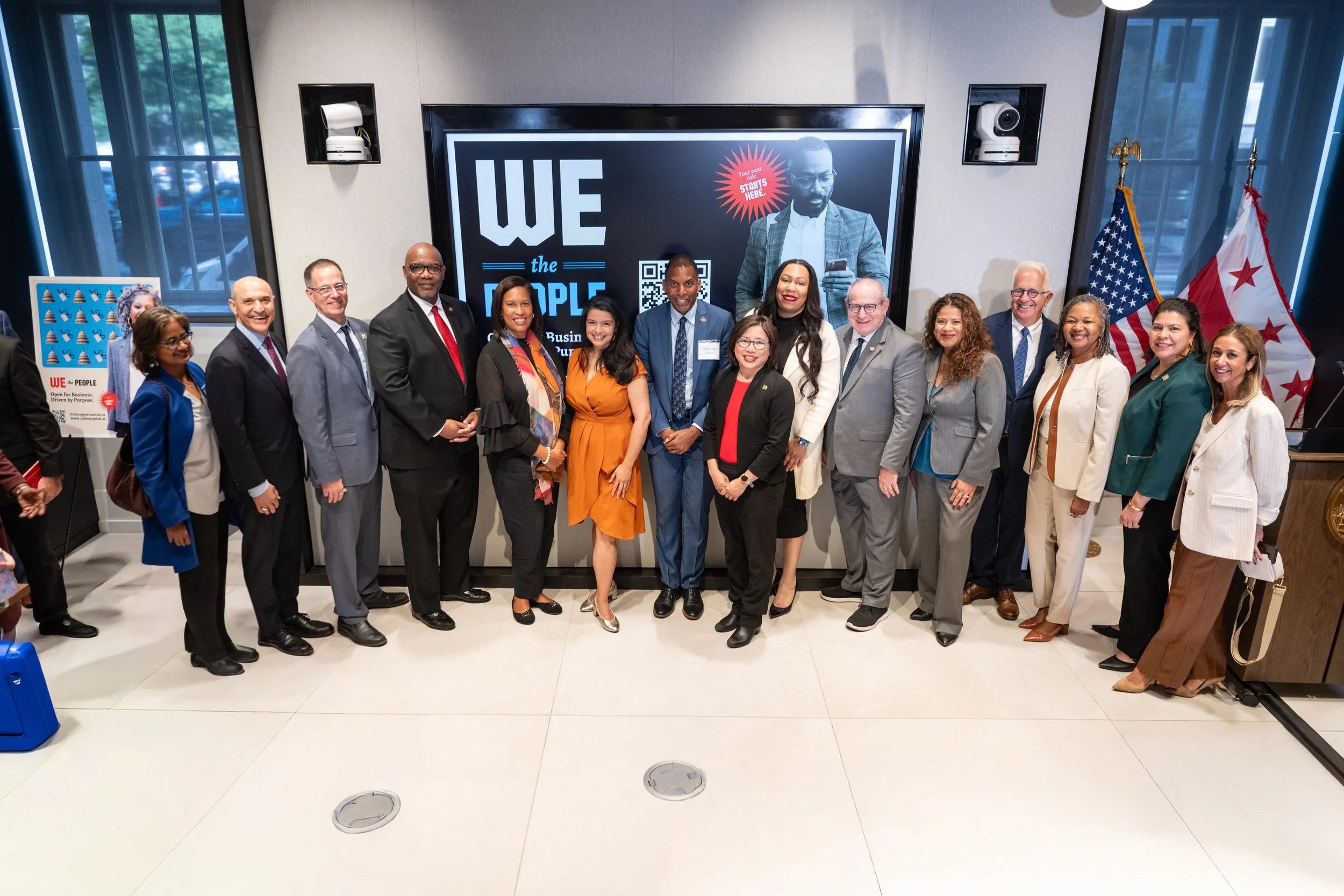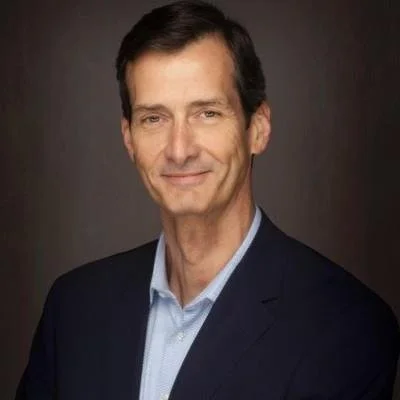DC,
Montgomery County,
Prince George's County,
Northern Virginia,
Community Leadership,
Economic Mobility
Greater Washington Community Foundation
DC,
Montgomery County,
Prince George's County,
Northern Virginia,
Community Leadership,
Economic Mobility
Greater Washington Community Foundation
Read More
DC,
Montgomery County,
Community Resilience,
Community Leadership,
Prince George's County,
Northern Virginia
Greater Washington Community Foundation
DC,
Montgomery County,
Community Resilience,
Community Leadership,
Prince George's County,
Northern Virginia
Greater Washington Community Foundation
Read More
DC,
Montgomery County,
Prince George's County,
Northern Virginia,
Community Resilience,
Community Leadership,
Nonprofits
Greater Washington Community Foundation
DC,
Montgomery County,
Prince George's County,
Northern Virginia,
Community Resilience,
Community Leadership,
Nonprofits
Greater Washington Community Foundation
Read More
Community Leadership,
Giving,
DC,
Northern Virginia,
Montgomery County,
Prince George's County,
Community Resilience
Greater Washington Community Foundation
Community Leadership,
Giving,
DC,
Northern Virginia,
Montgomery County,
Prince George's County,
Community Resilience
Greater Washington Community Foundation
Read More
Giving,
DC,
Montgomery County,
Northern Virginia,
Prince George's County,
Philanthropy Tips
Greater Washington Community Foundation
Giving,
DC,
Montgomery County,
Northern Virginia,
Prince George's County,
Philanthropy Tips
Greater Washington Community Foundation
Read More
Community Leadership,
Community Resilience,
DC,
Montgomery County,
Northern Virginia,
Prince George's County,
Ending Homelessness
Greater Washington Community Foundation
Community Leadership,
Community Resilience,
DC,
Montgomery County,
Northern Virginia,
Prince George's County,
Ending Homelessness
Greater Washington Community Foundation
Read More


